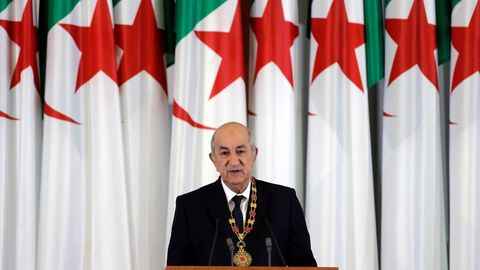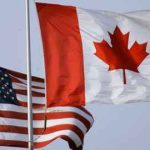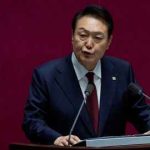Abdelmadjid Tebboune, the president of Algeria, launched a criticism of France, calling for acknowledgement of its colonial crimes and denouncing the long-lasting effects of French control in Algeria.
Abdelmadjid Tebboune, the president of Algeria, strongly criticized France on Sunday for the legacy of its colonial reign in his nation.
According to an Anadolu journalist, this occurred during a speech he gave to the country in front of both houses of parliament, outlining his goals for his second term, which started in September, and highlighting the accomplishments of his first, which lasted from 2019 to 2024.
According to Tebboune, Algeria insists that France recognize the atrocities it committed between 1830 and 1962, but it does not want monetary reparations.
“We are pursuing the dignity of our ancestors,” he stated.
He emphasized that “no amount of money can compensate for the loss of even one martyr during the resistance or armed struggle,” since there have been 5.6 million Algerian martyrs over the 132 years of colonization.
“Genocidal”
The statements were made in the midst of a serious political crisis between France and Algeria that resulted in the French ambassador being called and Algeria’s ambassador withdrawing.
This escalation was ascribed by Algerian authorities to “hostile acts committed by French foreign intelligence on Algerian soil.”
Additionally, Tebboune recounted the horrors carried out by the French colonial army, especially under General Thomas Robert Bugeaud, who served as Algeria’s governor-general from 1841 to 1847 and whom he branded “genocidal.”
He emphasized that France still has 500 skulls of Algerians who were beheaded in the 19th century and transported to Paris, and he reaffirmed his commitment to working with France on the colonial-era files.
“We have only managed to recover 24 skulls so far,” he said.
Regarding domestic affairs, Tebboune declared that he would begin a conversation with political parties at the beginning of the following year “to strengthen state independence and bolster internal unity.”
He said that the discussion, which did not specify a start date, would be “inclusive and deep,” leading to the establishment of new legislation governing groups and political parties.






